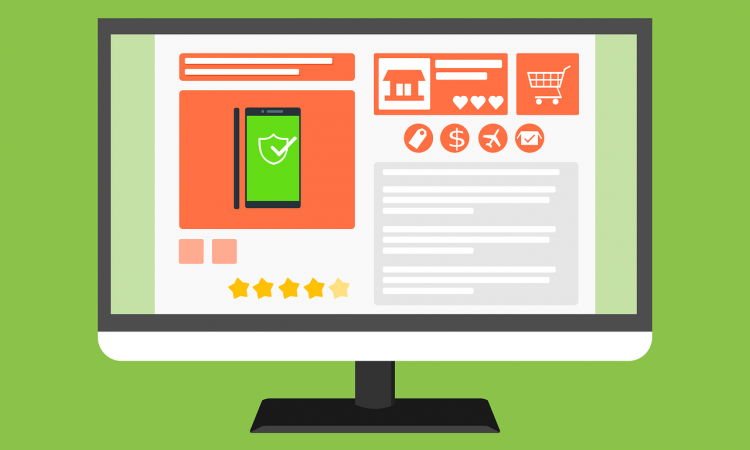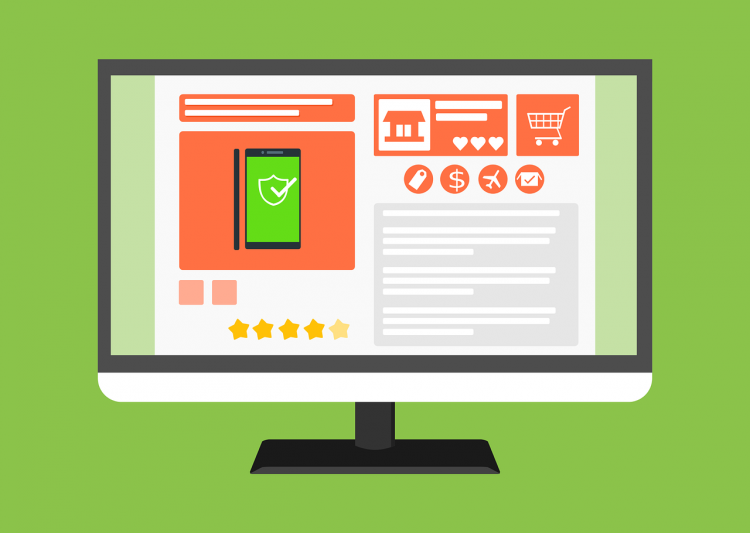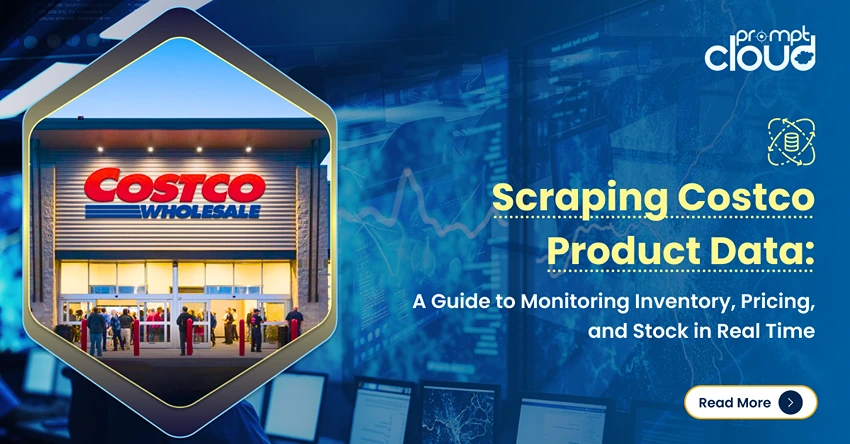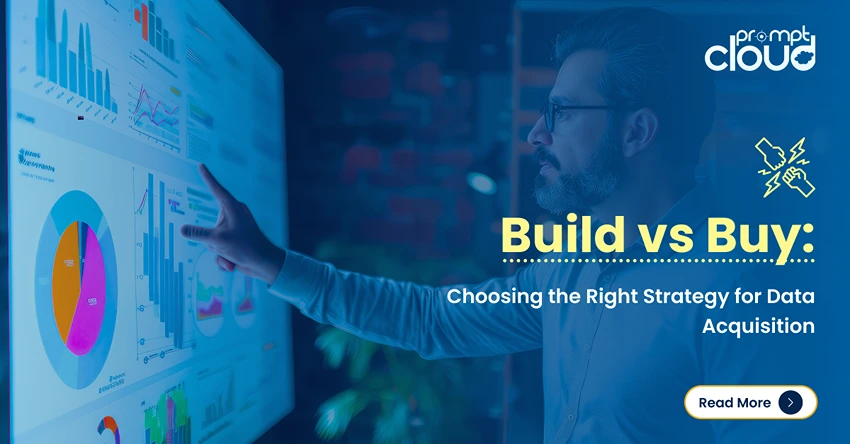
Ecommerce industry has been constantly evolving since its inception. With all the recent innovations in technology to accelerate its growth, ecommerce is indeed riding a jetpack. The rise of mobile internet usage and big data has significantly influenced this industry in the last few years, among other things like IoT. Big data has had the most noticeable and positive influence when you look at the different tactics that were implemented by Ecommerce companies. Here is a brief look back at how the Ecommerce industry used data to leverage their revenue and business in 2016.
Industries that actively used data in 2016
Almost every industry can make use of data to optimize their business operations and boost efficiency. However, industries that are deep-rooted on the web are actively using data while the others are still getting on the big data bandwagon. Here are the industries that made best use of data in 2016.
- Ecommerce- 48%
- Recruitment- 20%
- Travel- 17%
- Real estate- 5%
- Research- 5%
- Others- 4%[spacer height=”10px”]
Ecommerce is clearly way ahead of others when it comes to leveraging the advantages of data-backed business strategy. You can download our web scraping industry trends report for more details.
How Ecommerce leveraged Big Data in 2016
Ecommerce industry has a few advantages when it comes to implementing big data strategies in their business. As it’s deeply rooted on the web, ecommerce has plentiful of data at their disposal. This availability of data is one of the key reasons why ecommerce has quickly evolved to adopt a data-backed business structure. Below are some ways Ecommerce Industry used big data to improve their revenue figures in the past year.
1. Personalization
Personalizing the message can work wonders when it comes to marketing and sales. Ecommerce companies are constantly capturing customers’ data to be group them into different personas. Companies then personalize their marketing activities like promotions for different customer personas. It is the methods of capturing, analyzing and converting the data into business decisions that define the degree of benefits that can be a reaped from personalization using data. Data points like past purchases, searches, geo-location, age group, gender etc. are aggressively used by Ecommerce companies while providing recommendations in the form of push notifications, emails and other means of communication with the customers. This approach is also liked by customers as it gives them a richer experience with the company while giving the retailer the ability to cross sell and upsell. For example, if a customer had bought an iPhone in the last week, there’s a good chance that recommending a few attractive iPhone accessories can result in a cross-sell. Ecommerce companies are also using social media interactions of customers to target them with personalized ads.
2. Demand forecasting
Ecommerce companies actively use purchase and search data of customers to gain insights into the current trends and demand. This helps the sellers stock up on their inventory in optimal quantity and easily handle any future changes in demand. Categories like automobiles, apparel & Clothing and electronics usually have high demand during the festival season. Demand forecasting and inventory optimization are hence invaluable for ecommerce portals. Stocking up the merchandize prior to the demand also helps companies sell them at high discounts during the demand period, thus increasing the revenue by several folds.
3. Pricing intelligence
Ecommerce companies have been on a price war for a while now. Since even a slight difference in the price can affect the buying decisions of Ecommerce users, every e-retailer wants to sell their products at a lower price than the competitor. In this scenario, companies are forced to make use of pricing intelligence using web crawling. Pricing intelligence is made possible by crawling the competitors’ catalogues in real time using dedicated web crawling solutions. The availability of real-time pricing data from competitors allows ecommerce companies to set up automated programs for competitive pricing and boost their sales figures.
4. Customer experience
It can be safe to assume that the success of a company will entirely depend on the customer experience it provides. Sentiment analysis is used by most of the major ecommerce companies to understand their customers’ needs and opinions in order to improve their offerings. Sentiment analysis thus helps the companies understand the opinion of customers about different products and services. Ecommerce companies use product reviews and social media data to run sentiment analysis. The recent technological advancements in data analytics and machine learning has helped companies derive highly actionable insights from this data. With such a system in place, companies have been improving customer retention and their overall revenues at the same time. This data can also help them fix the overlooked issues in their business and implement new strategies to improve themselves.
Bottom line
Now that the competition is getting to its peak with each passing day, more and more companies are realizing the need for extracting data from various sources apart from the internal data. As web data makes up a major share of external data, it is increasingly becoming popular among ecommerce businesses to use it for crucial applications like competitor monitoring, pricing intelligence and sentiment analysis among many others. Being a DaaS provider, we’ve had the privilege of helping numerous Ecommerce Industry clients with their data requirements and establish ourselves as the growth partner




















